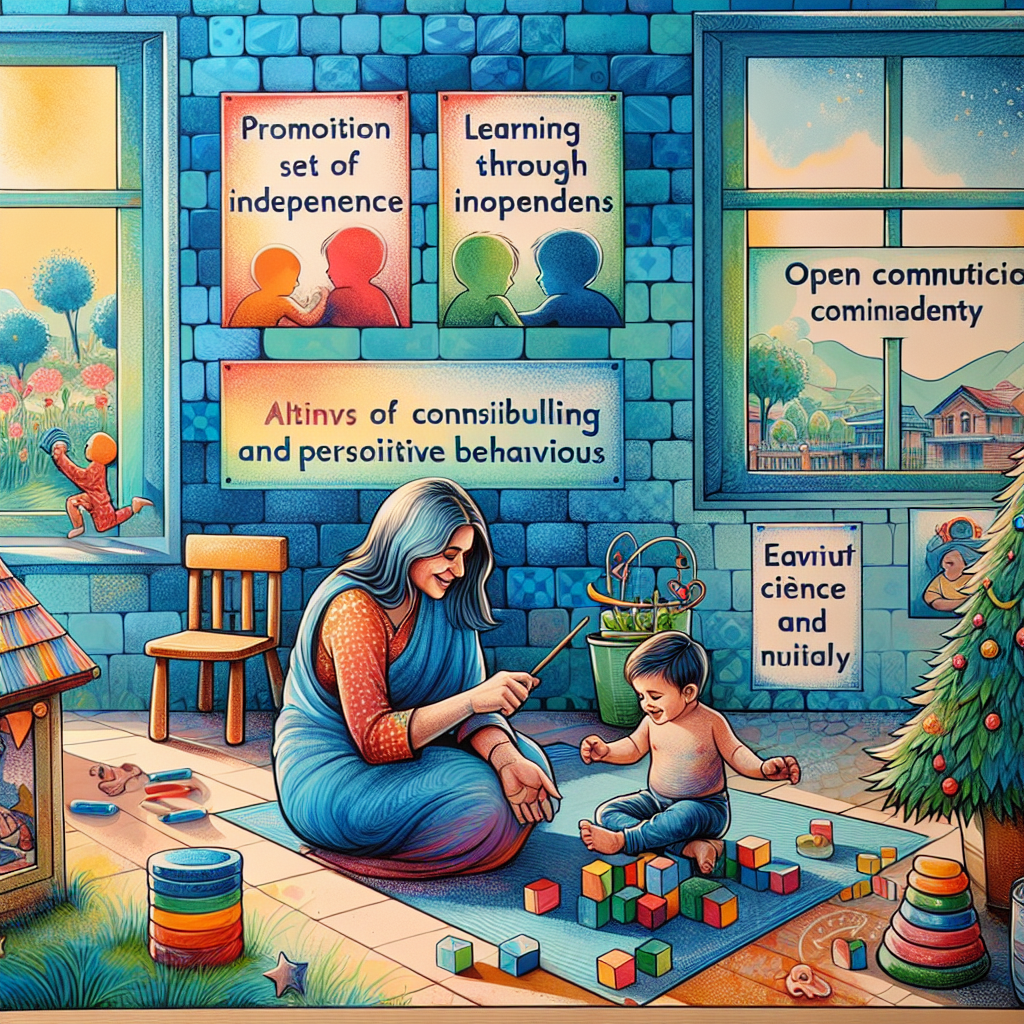A Child's Qualities: How to Help Him Develop Them
In the fascinating journey of parenting, developing and nurturing the qualities of children is an essential and rewarding endeavor. Each child is unique and comes into the world with a particular set of qualities that must be encouraged and shaped. Therefore, this article aims to be a comprehensive guide to the essential stages in children's development and to provide valuable information on how parents can support them in this process.
Motor Development
Motor development is a crucial aspect in a child's development, strongly influencing independence and self-confidence. In the first months of life, the baby learns to control its movements, starting with sucking and grasping objects. This is when parents can step in by creating a stimulating environment with colorful and textured toys that encourage hand-eye coordination and prehension. It is also important to give them enough space to move around and explore their surroundings.
As the child grows, he develops gross motor skills such as walking, running and jumping. At the same time, fine motor skills such as drawing or using utensils at the table are refined. Encouraging physical and sports activities as well as involvement in arts and crafts are excellent ways to support children to develop and improve their motor skills.
Language development
Language is the gateway to communication with the world and plays a fundamental role in the emotional and social development of the child. From the first babbles to the construction of complex sentences, a child's language develops rapidly in the first years of life. It is important that parents communicate with the child frequently, read stories and sing to him, thus stimulating hearing and familiarization with the sounds and structure of language.
Daily interactions, answers to the child's questions, as well as discussions on various topics promote the development of vocabulary and language skills. Role playing, creative stories and conversations encourage the child to express their thoughts and emotions and contribute to a better understanding and use of language.
Emotional and Social Development
Building emotional intelligence starts in the family and is essential for healthy relationships throughout life. Empathy, understanding and managing one's emotions, the ability to interact and cooperate with others are just some of the qualities we need to develop in childhood. To cultivate these traits, parents need to be positive role models, provide unconditional love, and communicate openly about feelings and emotions.
Incorporating group games, encouraging socialization with other children and participating in joint activities are also effective ways to develop children's social skills. Establishing clear rules and limitations, learning the consequences of one's actions and developing a sense of responsibility are key aspects at this stage.
Cognitive Development
Intelligence and logical thinking are fundamental in a child's cognitive development. It is important to stimulate his curiosity and desire to learn by exploring the environment and testing his problem-solving skills. Educational games, puzzles, simple science experiments and interactive books are useful tools to encourage critical and creative thinking.
Equally important is giving children space to use their imaginations, asking stimulating questions and showing them different ways of finding solutions. By participating in various activities and encouraging new attempts, children develop confidence in their ability to think and learn independently.
Increasing Discipline and Perseverance
To develop discipline and perseverance, it is necessary to help children understand the importance of effort and work to achieve a goal. Establishing daily routines, encouraging efforts and celebrating successes are essential in this process. It is also important to view failures as learning opportunities and cultivate a positive attitude towards challenges.
Building Confidence and Self-Esteem
Self-confidence and self-esteem are key elements in building a balanced personality. Praising efforts, not just results, and allowing the child to take calculated risks helps develop these qualities. It is essential that we assure children of our unconditional support and give them opportunities to make age-appropriate decisions and responsibilities.
Conclusion
Every child has immense potential, and the role of parents is to guide and encourage their development in the best possible way. Whether we are talking about motor, cognitive, emotional, social development or building self-esteem, all these qualities are interconnected and develop gradually. Through effective communication, guided support and a suitable environment, we can help children develop their qualities in a harmonious way. We do not forget that each stage of development is a unique adventure, full of challenges and successes, contributing to the perfection of each child's individuality.
For more resources and advice on raising and developing children, we invite you to visit the specially dedicated sections on our website or subscribe to our newsletter. Together we can provide a solid foundation for their bright future.














































































































































